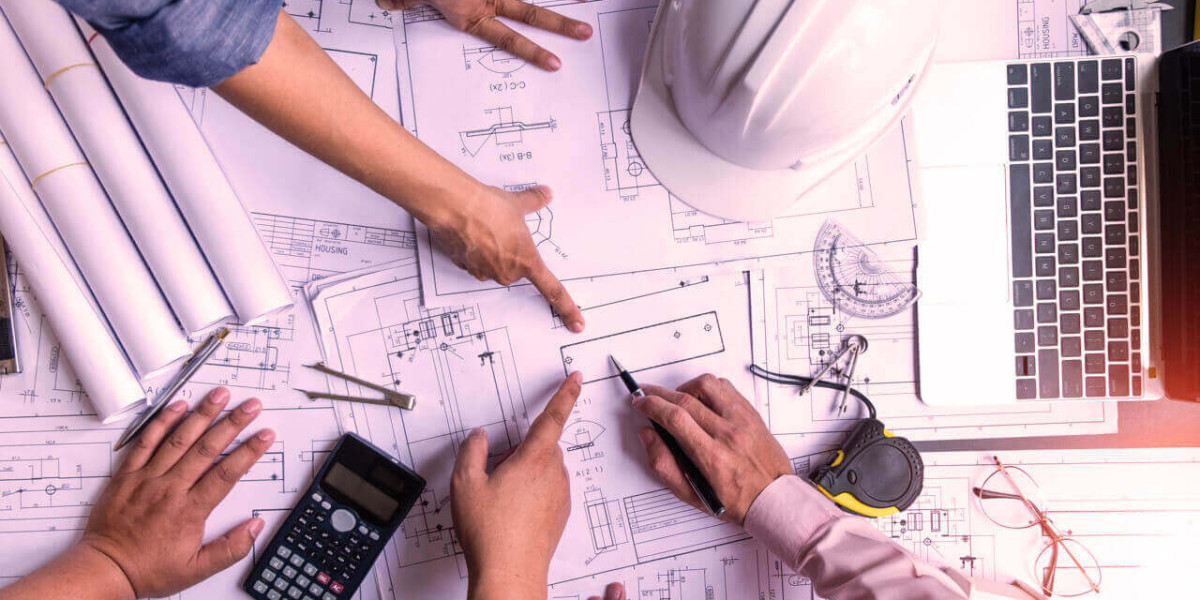In recent years, Iraq has been experiencing a gradual but steady transformation. Infrastructure development is now one of the main pillars of the country's recovery, from the devastation of war to the dawn of a new age.
Central to this revival are the construction companies in Iraq, which are playing a vital role in restoring and modernizing the country's cities, roads, energy facilities, and public services. As Iraq opens up to foreign investment and pushes forward with development initiatives, construction firms are seizing new opportunities while overcoming significant challenges.
The Role of Construction in Iraq’s Economic Recovery
Following decades of war, political instability, and underinvestment, Iraq's infrastructure had been left in a state of disrepair. However, recent government initiatives and international partnerships are sparking a construction boom aimed at revitalizing key sectors, including housing, transportation, energy, education, and healthcare.
Construction companies in Iraq are increasingly involved in rebuilding efforts, providing much-needed expertise in design, engineering, and project management. These firms are responsible for creating both basic infrastructure — such as roads, bridges, and water systems — and modern facilities, including airports, industrial zones, and residential developments. Their work is critical not only for economic growth but also for improving quality of life and restoring public trust in governance.
Key Focus Areas for Development
- Housing and Urban Development
One of the primary concerns is finding a solution to Iraq's severe housing deficit. - Rapid population growth, combined with war displacement, has created a demand for millions of new housing units. Construction firms are tasked with building affordable and sustainable homes across urban and rural areas. In cities like Baghdad, Basra, and Mosul, new housing projects are incorporating modern urban planning principles, including green spaces, public amenities, and smart technologies.
- Transportation Infrastructure
Rebuilding and expanding Iraq’s transportation network is another priority. This includes the repair and construction of highways, railways, and airports to improve connectivity within the country and with its neighbors. Iraq aims to establish itself as a regional logistics hub, as evidenced by large-scale projects like the Grand Faw Port and the related road network. - Construction companies are essential partners in executing these complex and strategic developments.
- Energy and Utilities
Iraq, rich in oil and gas resources, is also investing in power generation and grid modernization to reduce outages and meet growing demand. Construction firms contribute to the building of power plants, refineries, and energy distribution infrastructure. There is also growing interest in renewable energy, with solar and wind projects slowly entering the pipeline. - Public Services and Institutions
Beyond physical infrastructure, the country is focused on rebuilding schools, hospitals, and government buildings to support its citizens more effectively. Construction companies must not only adhere to safety and quality standards but also deliver projects that promote long-term social development and inclusiveness.
Investment, Partnerships, and Global Engagement
Iraq’s government is encouraging international investment through public-private partnerships (PPPs), investment incentives, and reforms to regulatory frameworks. These efforts are helping attract regional and global players to work alongside local construction companies. This blend of foreign capital and domestic know-how is critical for delivering large-scale projects efficiently and on time.
Organizations such as the World Bank and United Nations Development Programme (UNDP) are also providing funding and technical support for infrastructure projects. These partnerships emphasize transparency, sustainability, and community engagement — values that are increasingly shaping how construction is approached in the country.
Challenges Facing Construction Companies in Iraq
Despite the opportunities, construction companies face a range of challenges. These include:
- Security concerns in some regions, which can delay or limit operations.
- Bureaucratic hurdles and inconsistent regulatory enforcement.
- Logistical difficulties, such as limited access to materials and outdated supply chain infrastructure.
- Skilled labor shortages, especially in advanced engineering and project management roles.
To address these issues, many companies are investing in workforce development, technology integration, and quality assurance practices. The adoption of modern construction techniques, digital project tracking, and sustainable design practices is gradually improving outcomes and building trust among stakeholders.
About MUE Group
Leading the regional engineering and construction industry, MUE Group provides comprehensive solutions suited to Iraq's particular prospects and difficulties. With a deep understanding of local conditions and a commitment to international standards, MUE Group delivers end-to-end services — from feasibility and planning to execution and maintenance. Whether working on housing developments, industrial facilities, or energy infrastructure, MUE Group’s focus remains on quality, sustainability, and client satisfaction.
Conclusion
The transformation of Iraq’s infrastructure is essential for its economic revival and long-term stability. Construction companies in Iraq are at the forefront of this effort, contributing their expertise to projects that span every major sector of the economy. As the country continues to rebuild and grow, these companies will play a pivotal role in shaping Iraq’s future — one project, one foundation, and one community at a time. With a renewed focus on investment, innovation, and sustainable development, Iraq’s construction industry is poised for a brighter and more resilient tomorrow.








